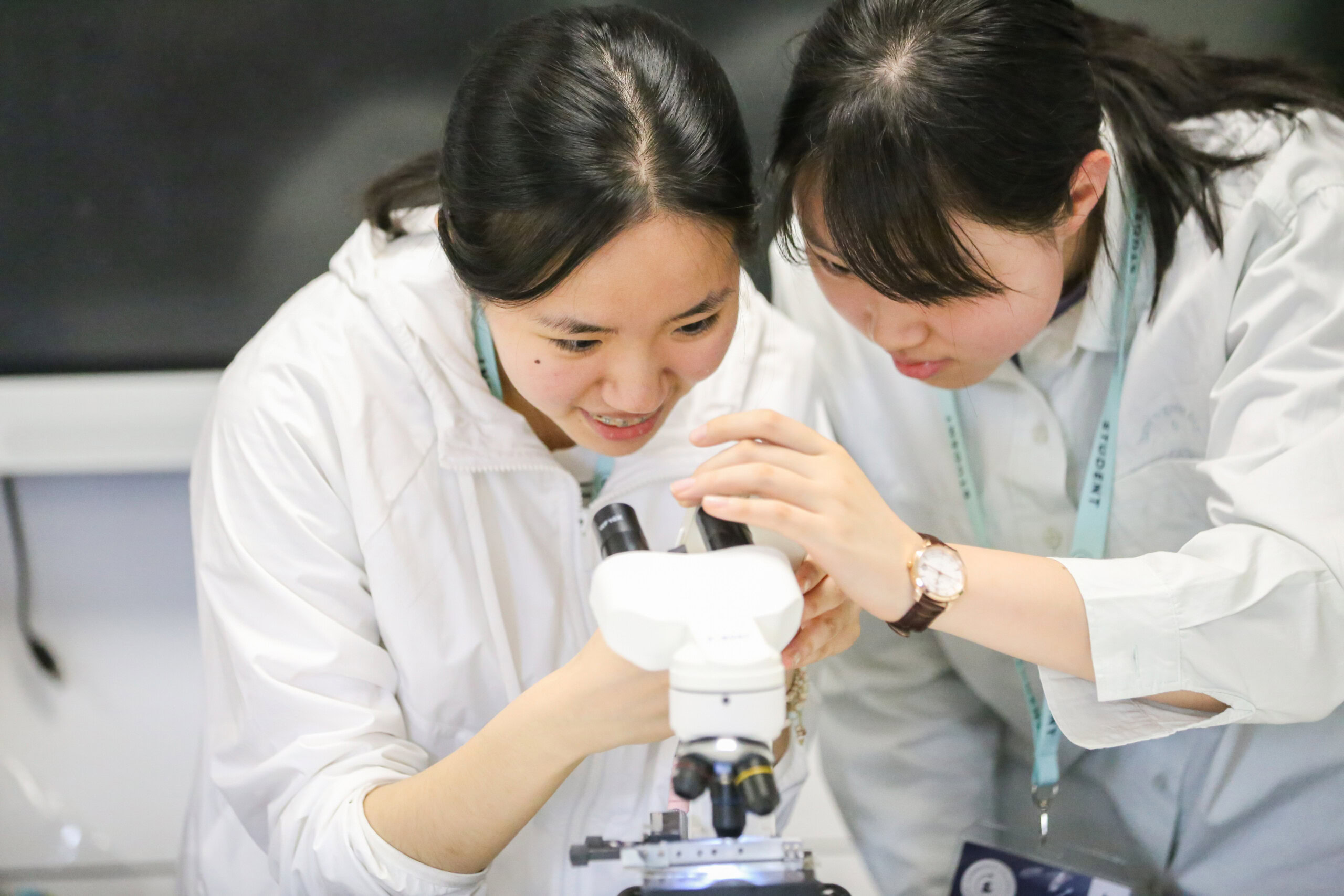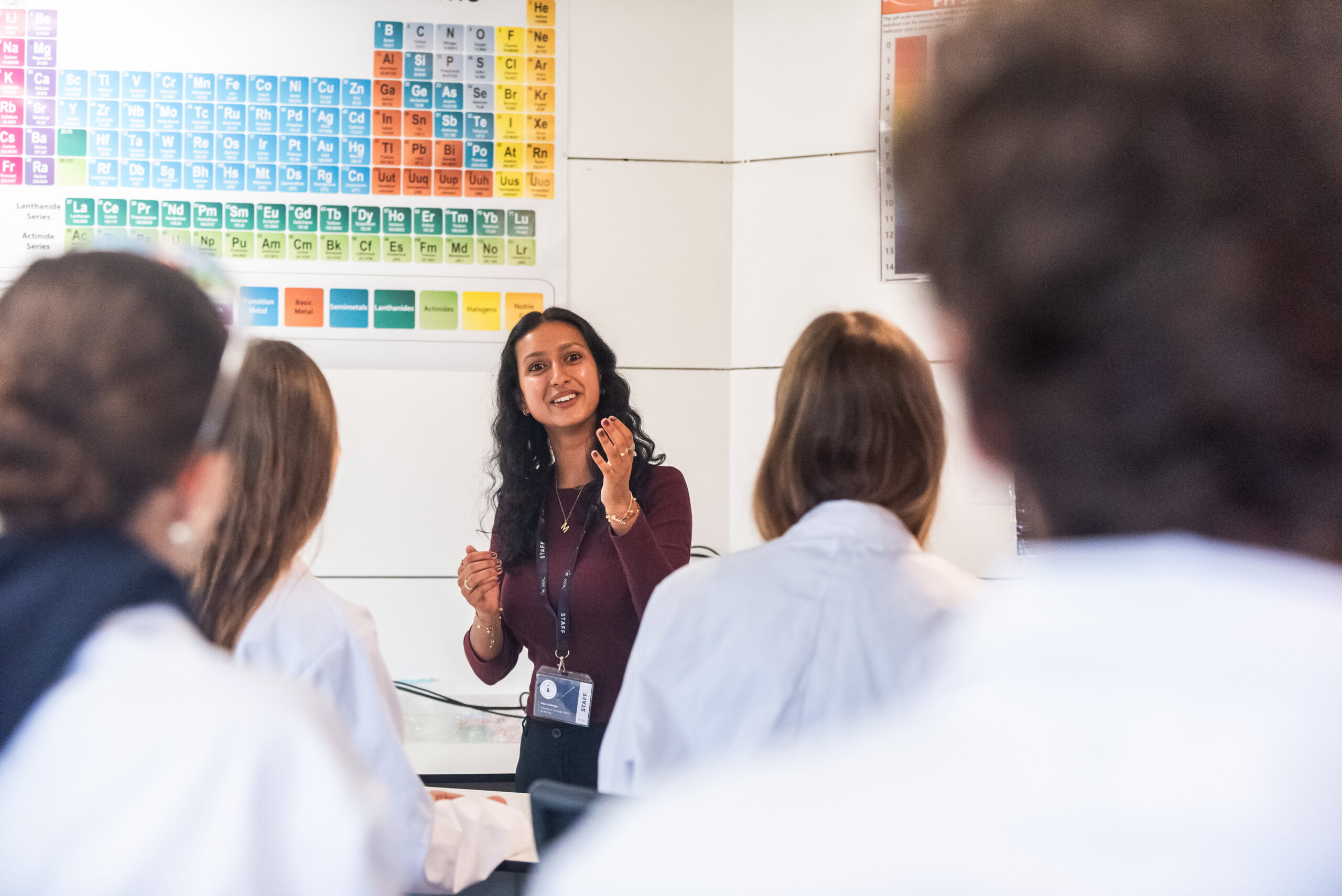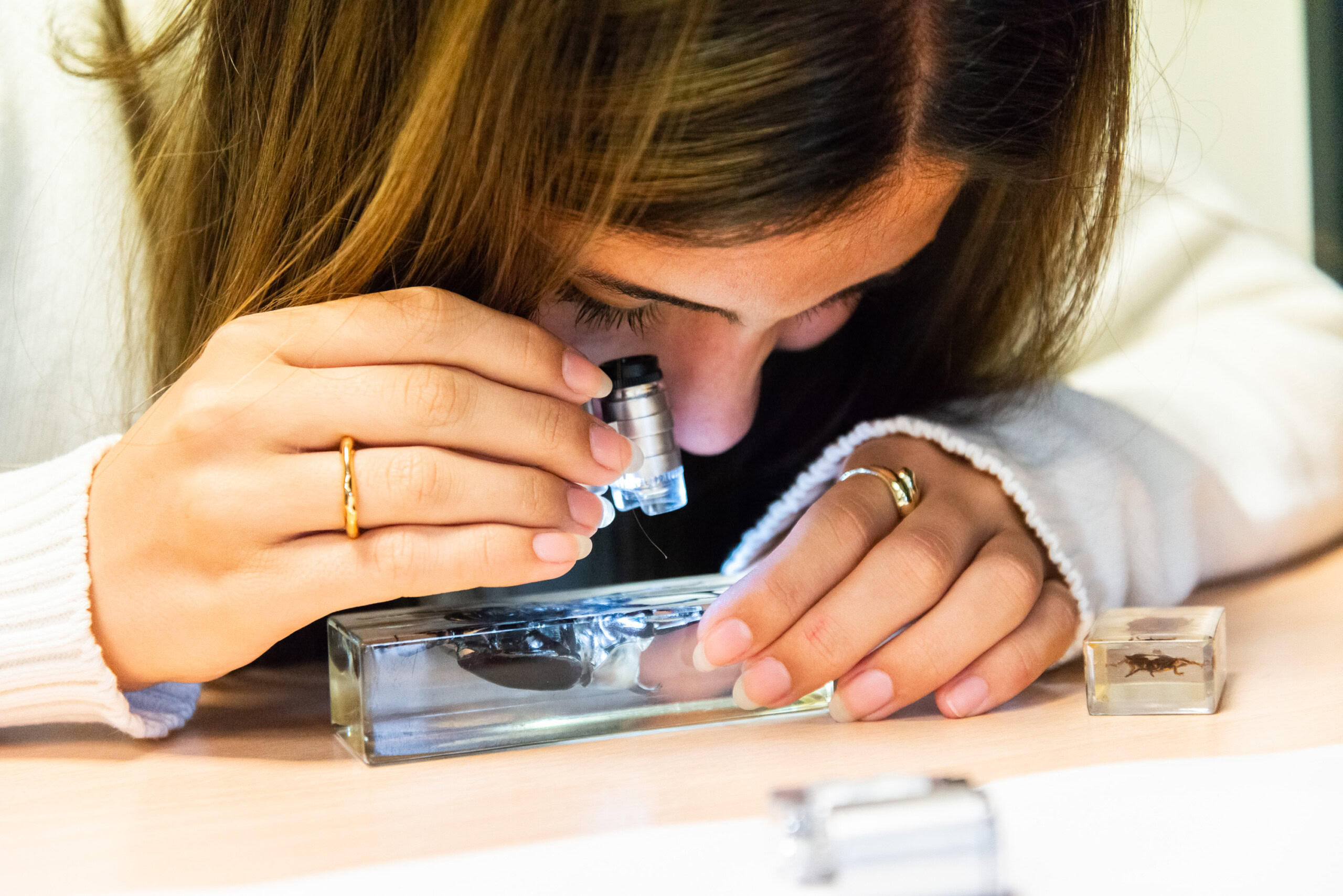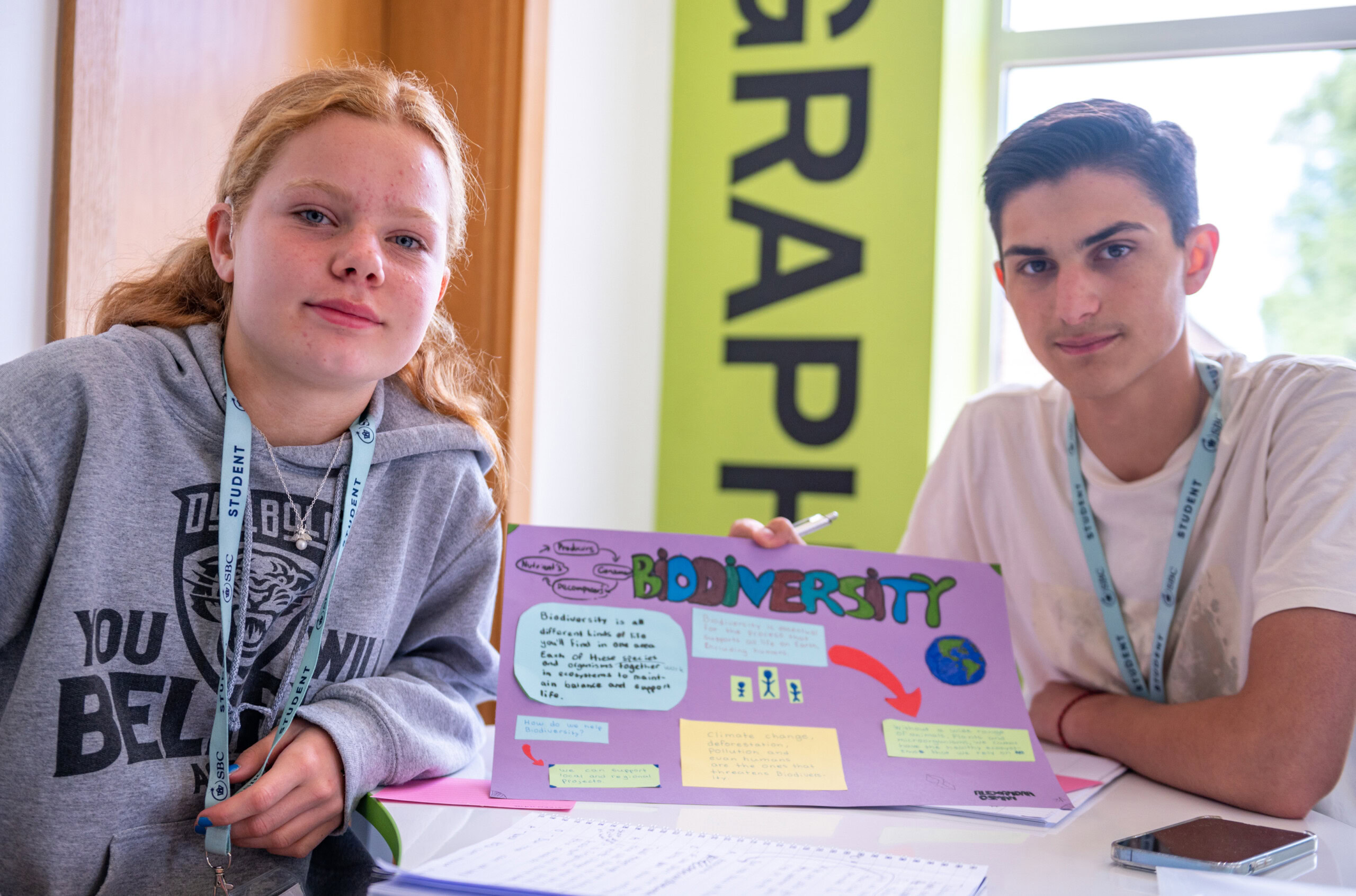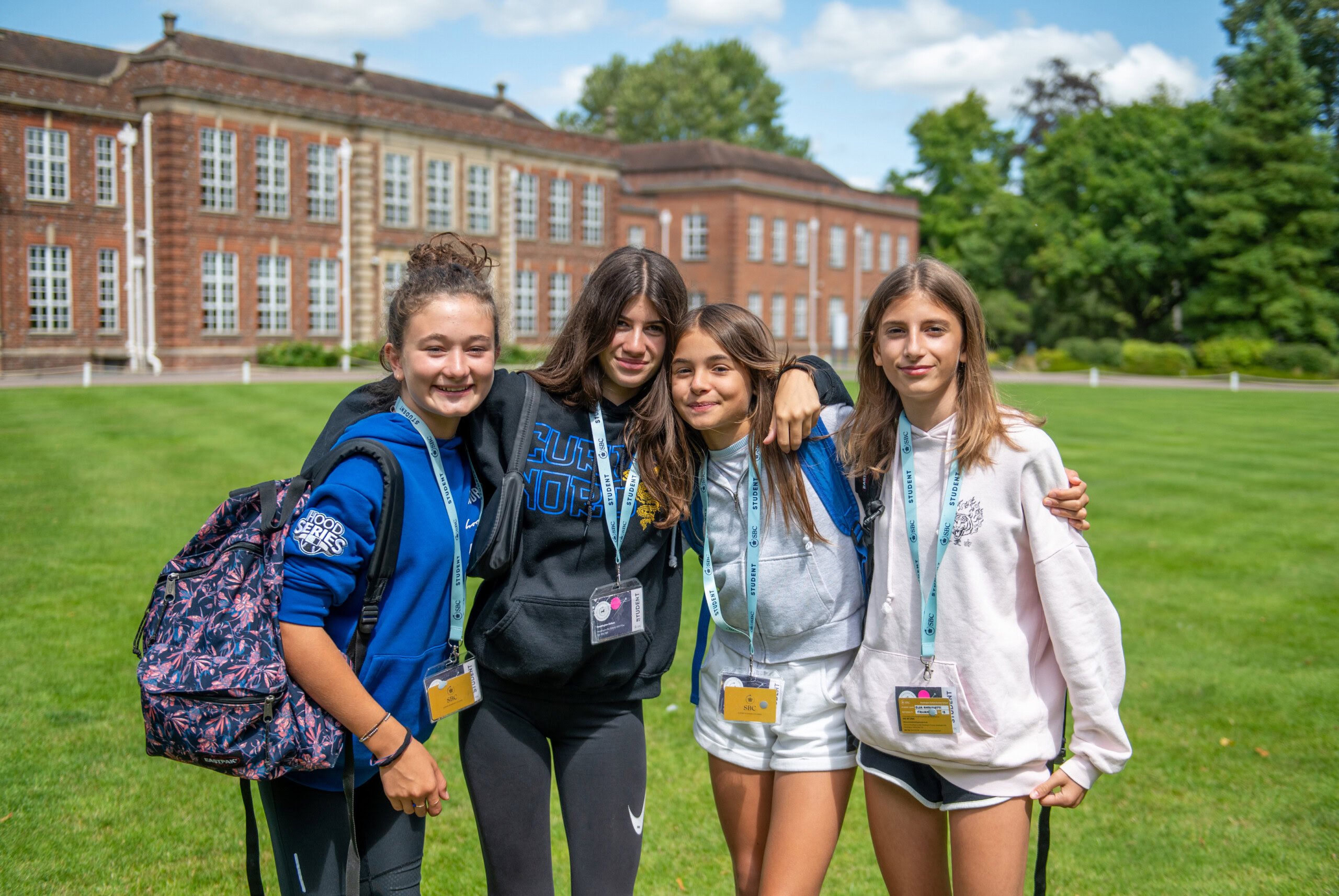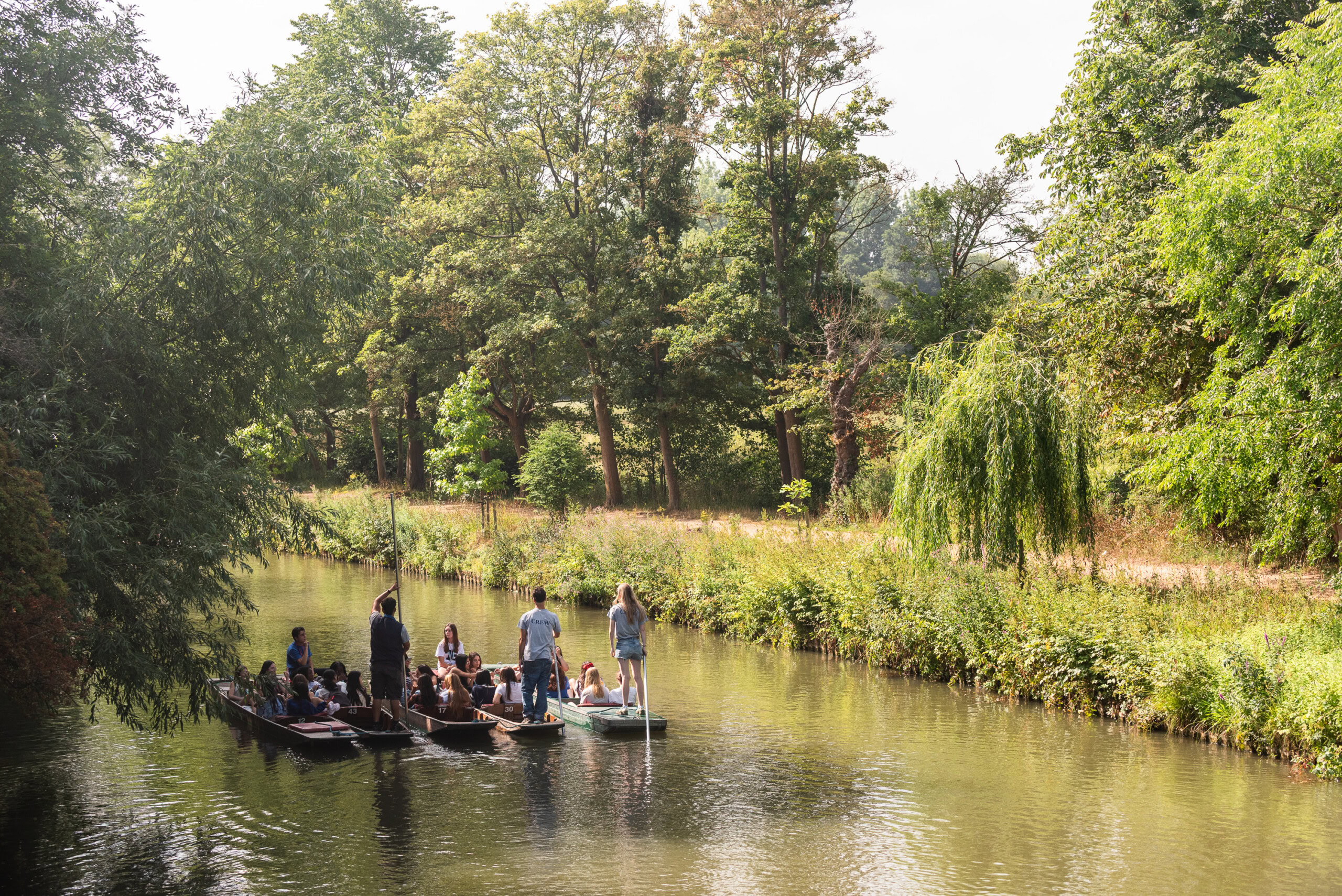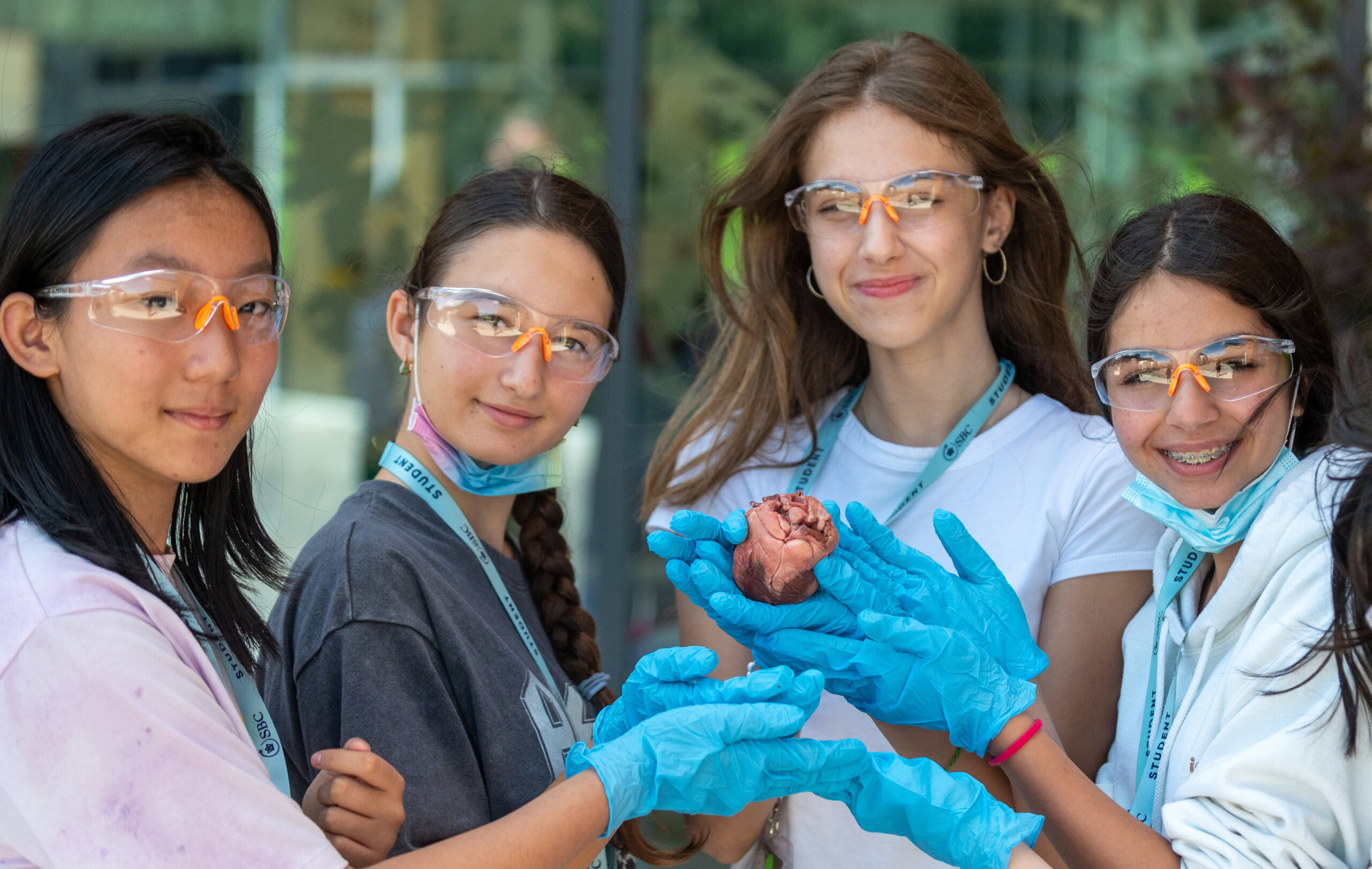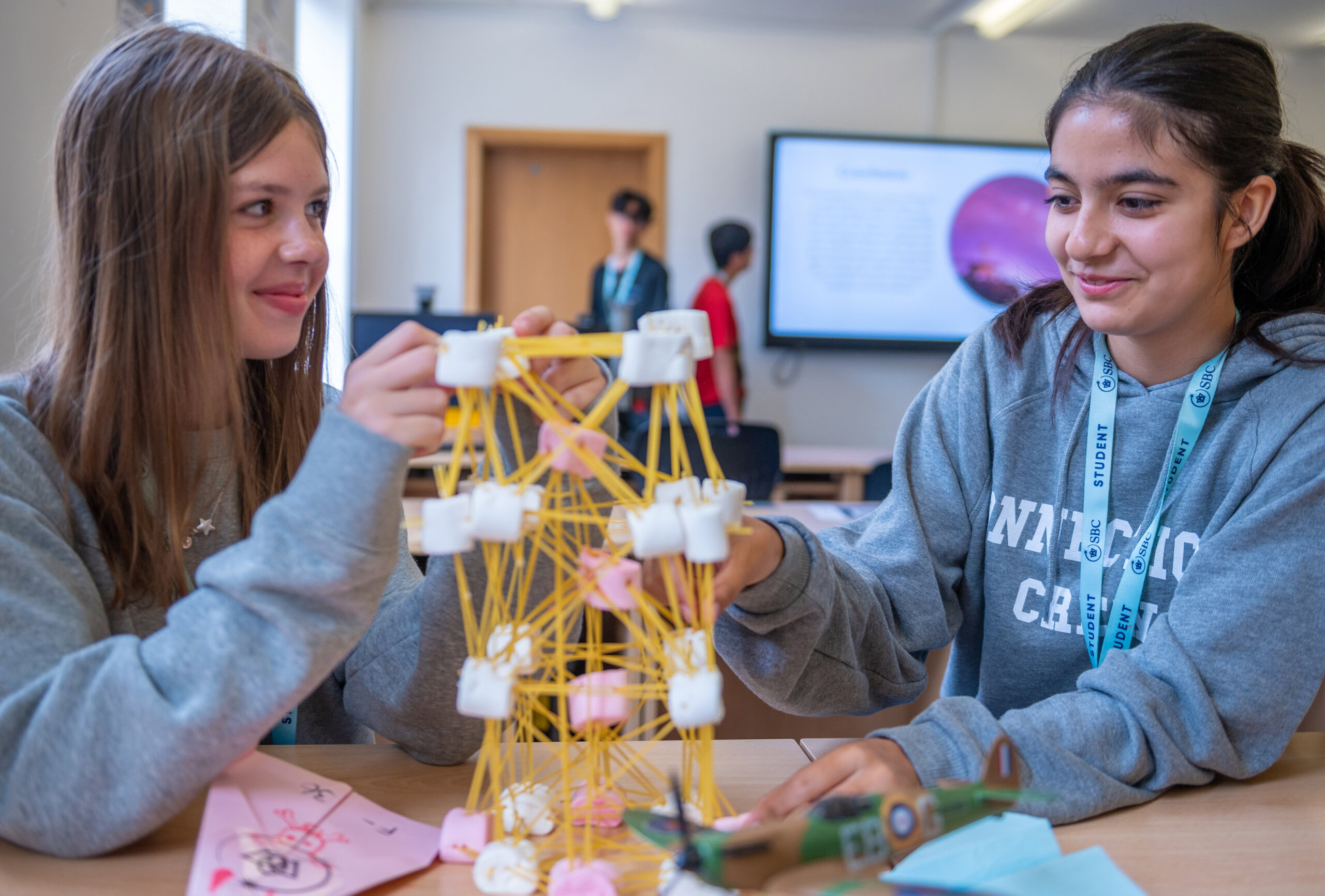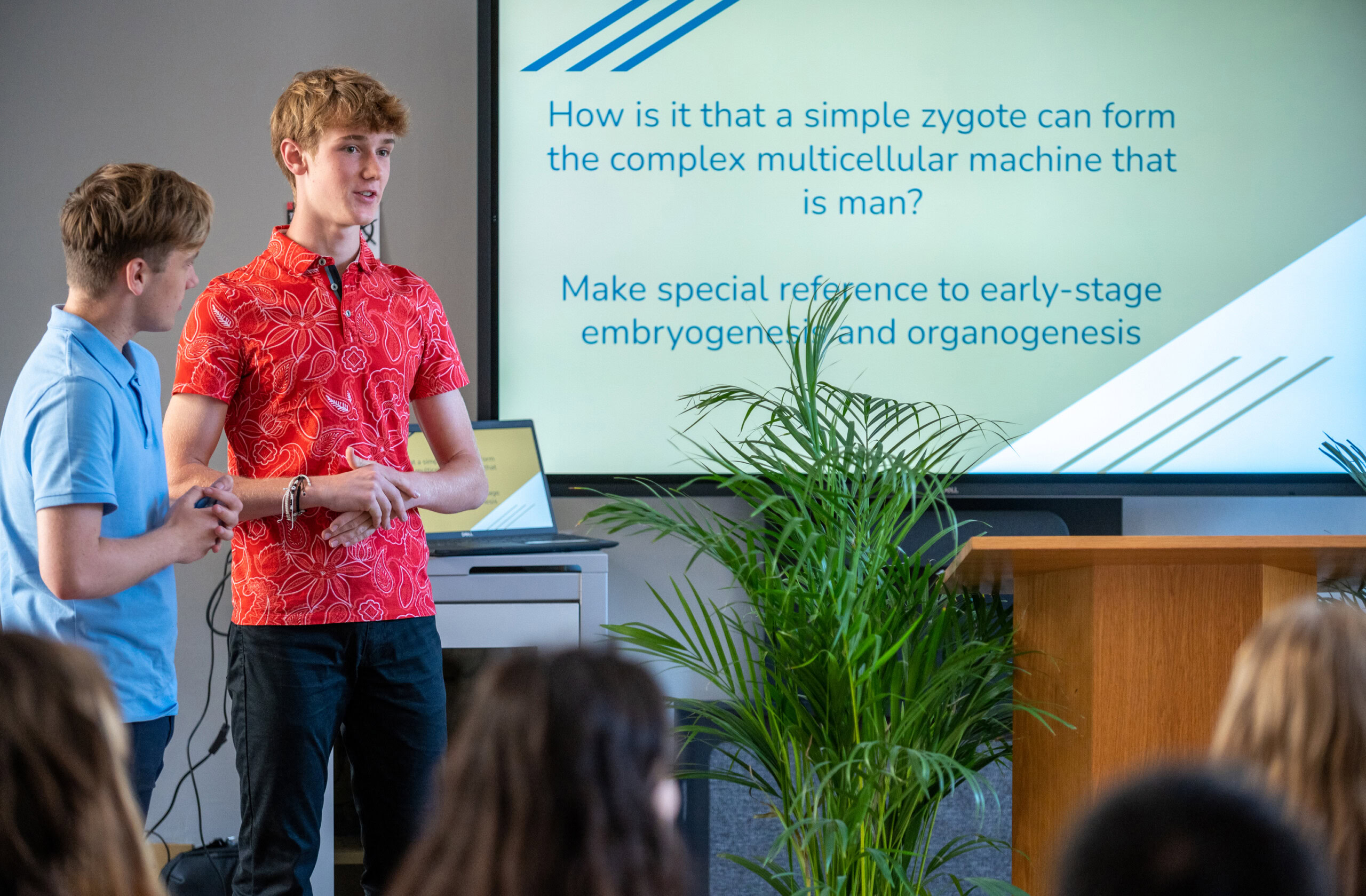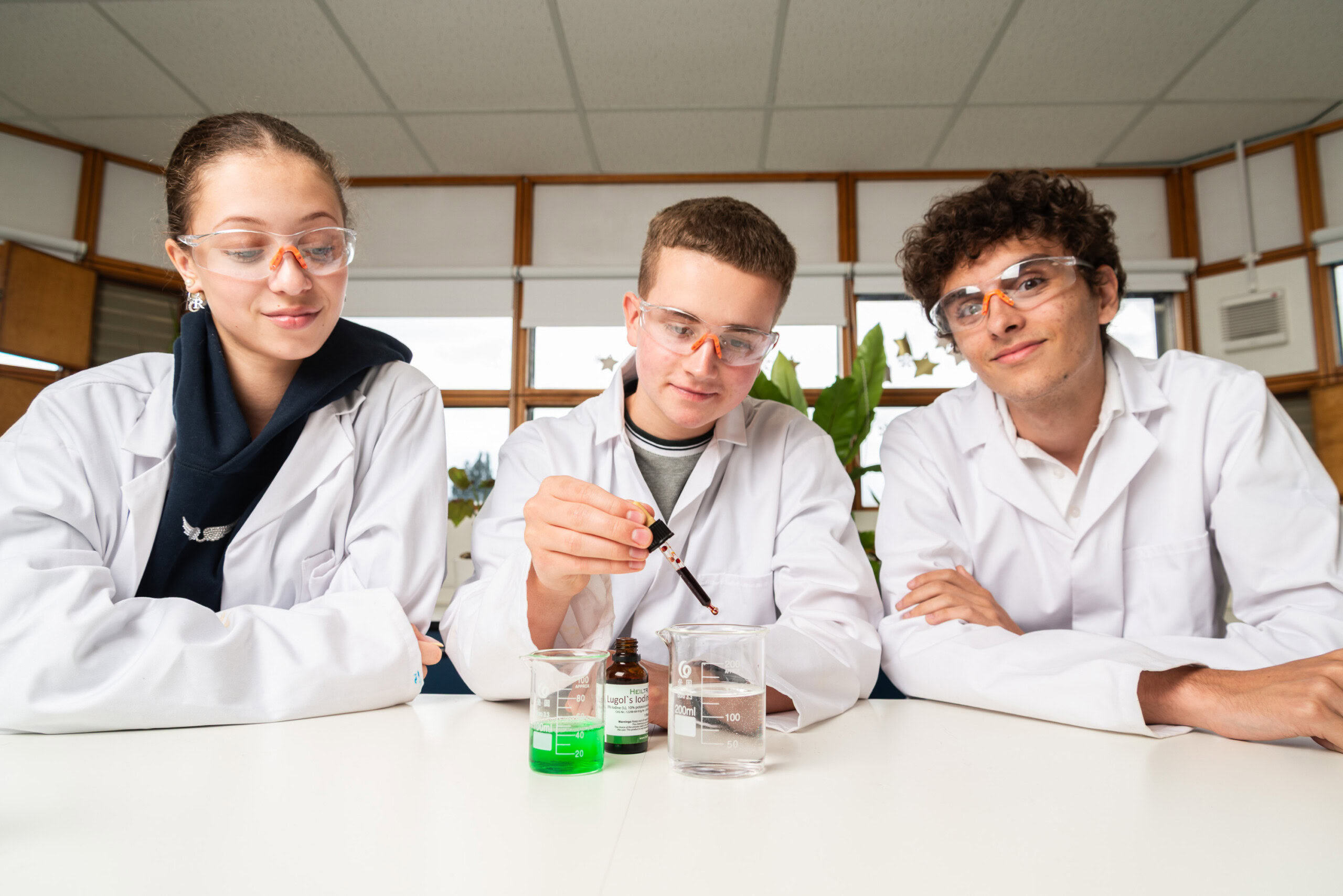
Course Overview
Campus
Learn more about where you’ll be studying on the Future Scientists course.
Ages 12-16
Headington Oxford
Our Headington Oxford campus is ideal for students aged 12-16 who wish to experience exciting and innovative academic courses whilst participating in an action-packed range of social activities. This campus is based at the prestigious Headington Rye School, with 23 acres of grounds and outstanding facilities, just over a mile from Oxford city centre.

View Brochure
To learn more about the Future Scientists programme, download the brochure.
FAQs
The course input will challenge students at B1 level, however within language teaching it is commonplace for teachers to work with mixed ability classes. Depending on the group’s competency with English and ability to absorb new material, our teachers can adapt to make the lessons inclusive for all.
For this course, a level of B1 and above is recommended to help ensure that students make the most of the programme.
Yes. Each student who completes this programme receives a Certificate of Achievement during a celebration at the end of the course.
Students aren’t required to purchase any textbooks for the course, instead a variety of SBC handouts are purposefully made, all of which were created by our own academic team.
Students should bring their own stationery, but they are provided with notebooks and folders.
Have a Question?
Fill out the form and a member of our team will get back to you as soon as possible.
